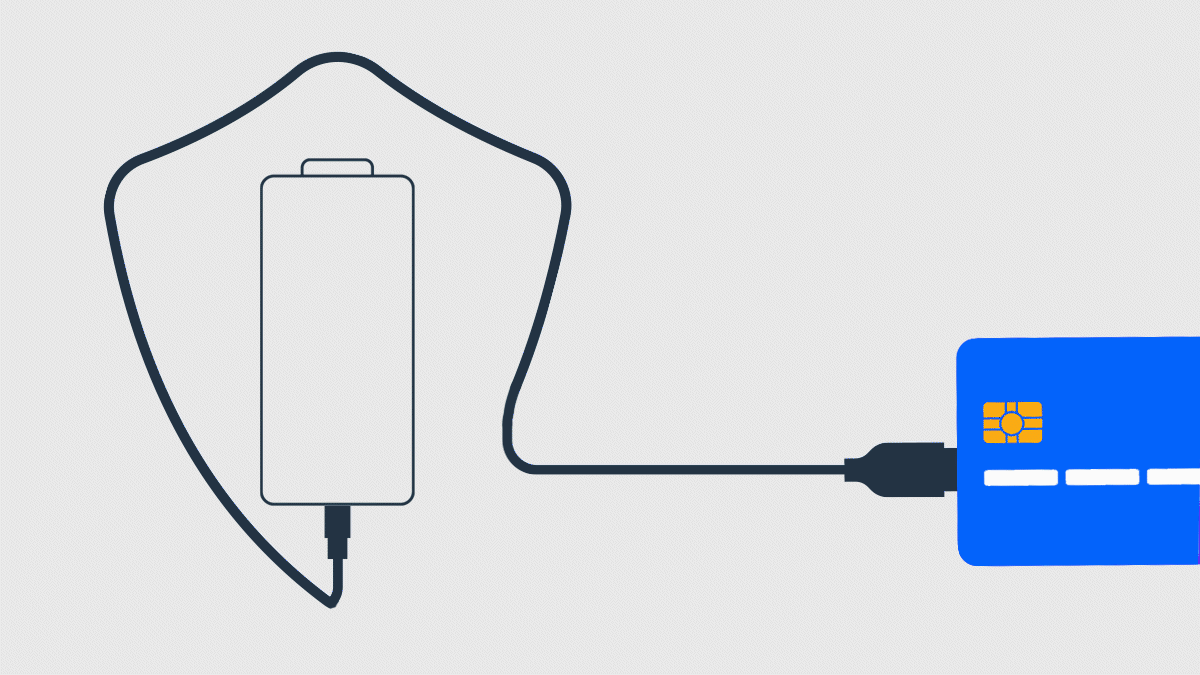1
Feeling Inadequately Insured? 3 Ways To Extend Your Health Insurance CoverDecoding Insurance
Things to Keep In Mind When Renewing Your Health Insurance Policy
A health insurance policy offers coverage against the medical expenses incurred by the insured member during a policy year. Depending on the type of policy you bought, the medical expenses can include hospitalization costs, domiciliary hospitalization, day-care treatments, pre and post-hospitalization, diagnostic tests, etc.
To enjoy continuous coverage, you must renew your health insurance policy on time. Like car insurance, health insurance is also renewed annually. Most health insurers offer an online renewal facility. You should opt for renewing your health insurance online because it is a quick and simple process as compared to offline renewal. Here are a few things you should consider when renewing your health insurance:
Review the renewal terms
A renewal reminder is sent to the policyholder 45 days prior to the renewal date. Check the policy details in the reminder email such as sum insured, number and type of claims made, no-claim bonus. Policyholders must double-check these details and inform the insurer if there is any discrepancy.
((calculator))
Renew your policy timely
Insurers provide a grace period of 15-30 days if a policyholder fails to renew before the due date. Since you didn’t renew your policy on time, you can’t make a claim during the grace period. If the premium payment is not done in the grace period, the policy lapses. In such a case, you will have to buy a new health insurance policy. Your waiting period will restart in your new policy and continuity benefits will also be lost.
Option to increase the sum insured
Before renewing your policy, you can assess the sum insured needed to combat rising medical costs. Every insurer gives you the choice to increase your sum insured at the time of renewal. An individual with a spouse and a kid should go for a health insurance cover of at least Rs 20 lakh. A cover of that size for a young family of three with a 5-year-old child will cost about Rs 23,585 a year. You can also enhance coverage by adding a super top-up plan with your base policy.
((relatedarticle_1))
Adding a super top-up plan
You can also buy a super top-up plan if you feel that the sum insured of your current health insurance policy is not enough. A super top-up plan provides additional cushion to your existing health cover when your hospitalization bill crosses your sum assured limit. For buying a super top-up plan, you need to choose a deductible. Deductible is the amount that the insured pays from their own pocket, or their basic health policy pays for it before the top-up cover activates. Top-up policies only pay for the amount above the deductible limit. Suppose your top-up cover has a deductible of Rs 5 lakh and in a year you submit as claim two separate hospital bills of Rs 4 lakh and Rs 1 lakh, then your top-up plan won’t be activated. In such a case, super top-up comes into play. A super-top up has provisions for multiple claims.
It is best to buy a super top-up plan from your existing insurer as it is easier for hospitals to coordinate with one insurer for a customer at any given time. There are many health insurance plans available in the market which have a base plan and a top-up health cover. Super top-up plans also provide coverage for both pre and post-hospitalization expenses, along with pre-existing diseases (with a waiting period) and daycare procedures. The premium paid for super top-up plans is also eligible for income tax deduction under section 80D. Top-up or super top-up plans are also cheaper as compared to a comprehensive individual health insurance policy. The higher the deductible, the lower will be the premium of your top-up or super top-up plan and vice-versa.
Add a family member/members
You have an option to add more family members to the policy at the time of renewal. You may want to add your parents or children under the health insurance umbrella and you also get tax benefits by adding them.
Consider the option of portability
If you are not satisfied with the services of your current insurer or want more features, you can port your health insurance policy at the time of renewal. Portability is when you switch your health insurance policy from one insurance provider to another. When you want to port your health insurance policy, you need to approach the new health insurer at least 45 days before the expiry of your existing policy. You need to fill a proposal form for portability and provide copies of the existing policy. On receipt of the request, the new insurer will approach the existing insurer to know your medical and claims history. Once the new health insurer obtains all the details, it has to take a decision on whether to accept porting within 15 days.
Add critical illness cover
Owing to the sedentary lifestyles and increasing levels of pollution in metro cities, critical illnesses are on a rise these days. Critical illnesses include cancer, lung or liver failure, paralysis of limbs, etc. You can consider adding critical illness cover along with your health insurance plan at the time of renewal. A critical illness benefit will cover medical expenses if you or your family member is diagnosed with a critical illness. Life-threatening diseases require long-term and at times, life-long treatment. This could drain your years of savings in a few months. So, it is prudent to buy a critical illness cover.
Multi-year premium payment
When renewing your health insurance policy, you can consider renewing it for 2-3 years in one go rather than 1 year to lock your premium. This is because insurers offer attractive discounts on single premium for multi-year policies.
((newsletter))














